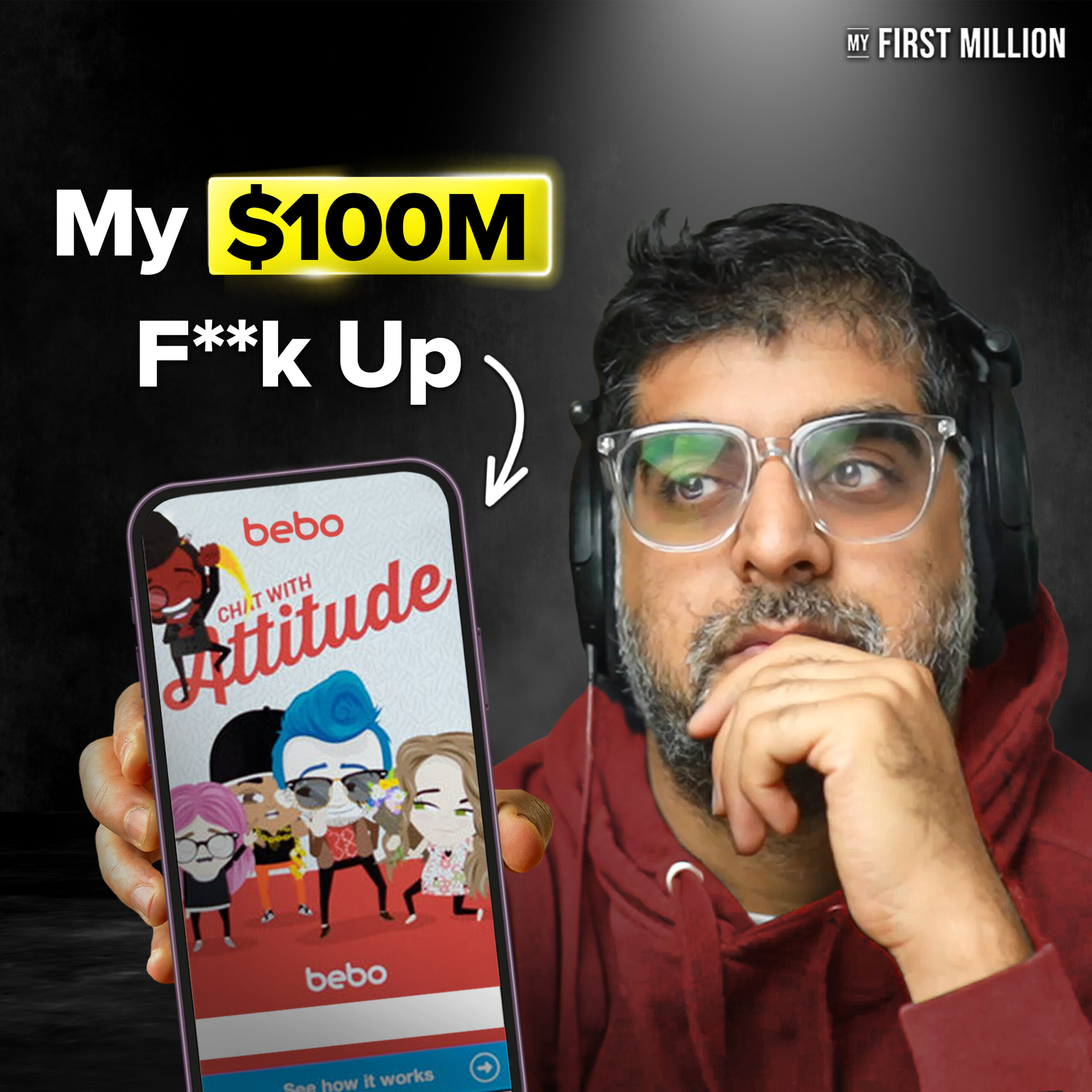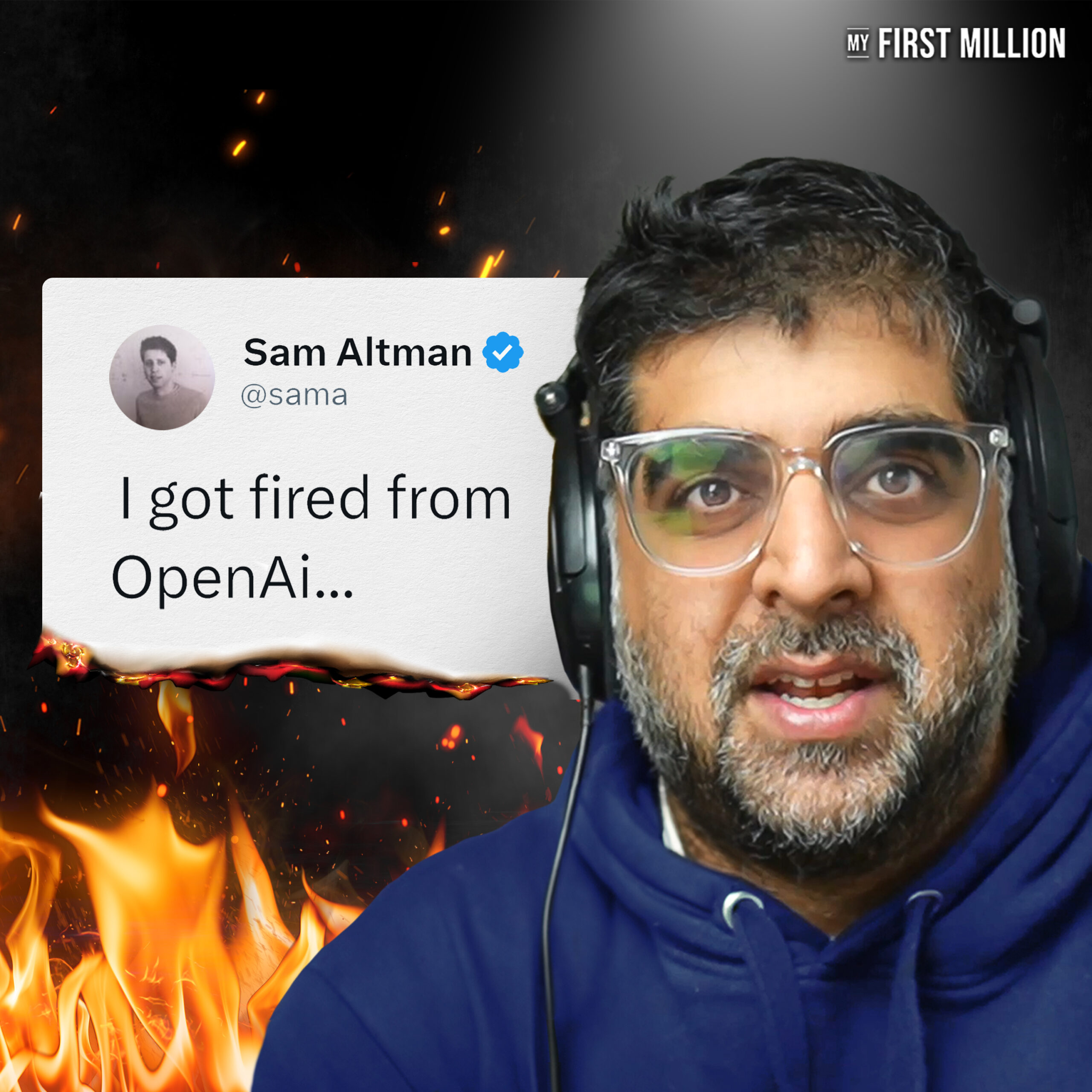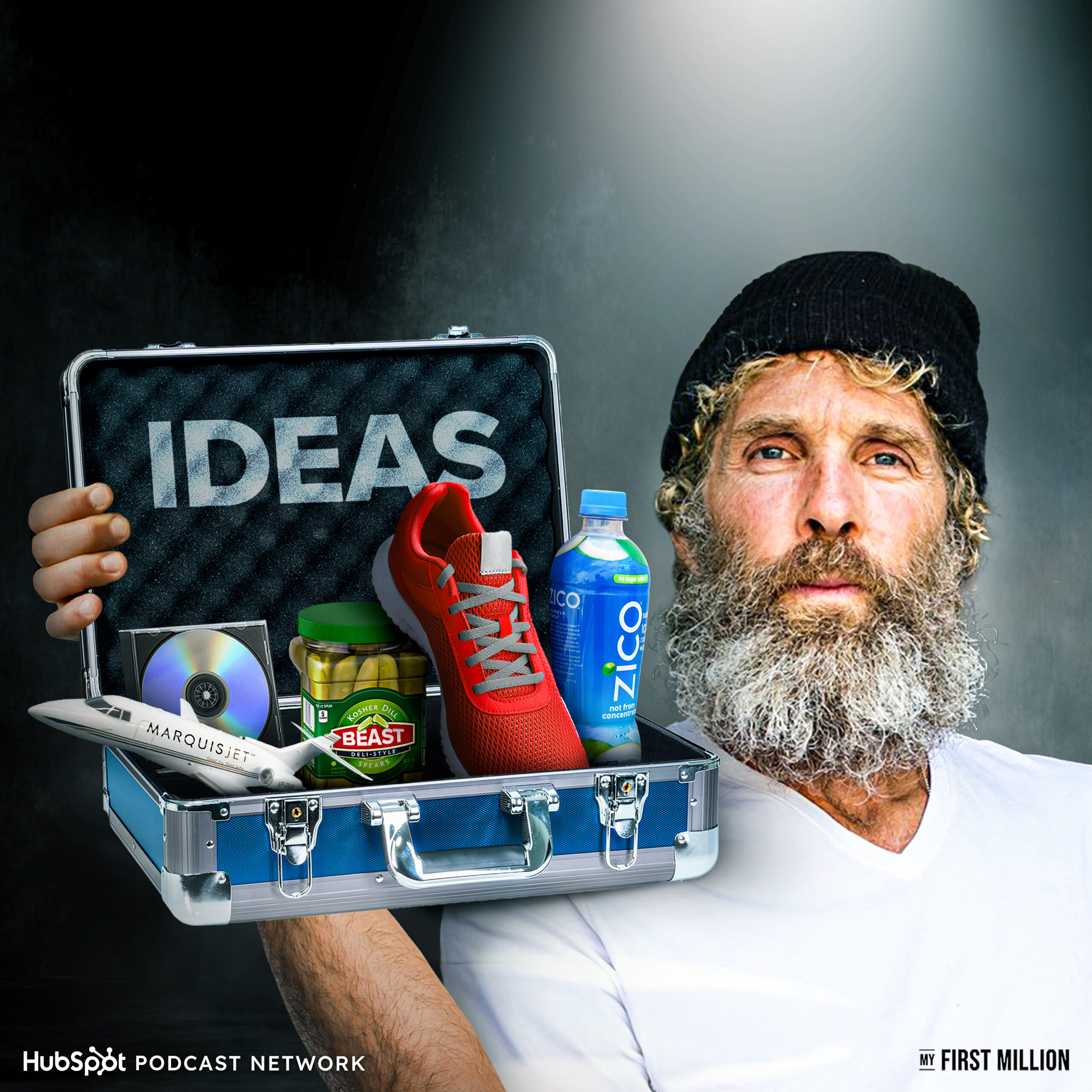Episode 522: Shaan Puri (https://twitter.com/ShaanVP) and Sam Parr (https://twitter.com/theSamParr) play the drinking game “Never Will I Ever,” revealing all ...
Episode 521:Shaan Puri (https://twitter.com/ShaanVP) and Sam Parr (https://twitter.com/theSamParr) talk to Andrew Wilkinson about the “Profit First” strategy, ...
Episode 520: Shaan Puri (https://twitter.com/ShaanVP) and Sam Parr (https://twitter.com/theSamParr) are dropping an EMERGENCY POD. They’ve been on Twitter all ...
Episode 519: Shaan Puri (https://twitter.com/ShaanVP) and Sam Parr (https://twitter.com/theSamParr) are jamming with Patrick Campbell on trends that are ...
Episode 518: Shaan Puri (https://twitter.com/ShaanVP) and Sam Parr (https://twitter.com/theSamParr) talk to Native founder Moiz Ali about his $100M portfolio, ...
Episode 517: Shaan Puri (https://twitter.com/ShaanVP) and Sam Parr (https://twitter.com/theSamParr) are joined by Greg Isenberg to brainstorm 6 business ideas ...
Episode 516: Shaan Puri (https://twitter.com/ShaanVP) and Sam Parr (https://twitter.com/theSamParr) catch up after Sam’s paternity leave. Want to see the ...
Episode 515: Shaan Puri (https://twitter.com/ShaanVP) invites Sarah Moore to tell her insane story of being a troubled teen, making it to Harvard Business ...
Episode 514: Shaan Puri (https://twitter.com/ShaanVP) invites Craig Clemens (https://twitter.com/craigclemens) to drop a knowledge bomb based on 15 years and a ...
Episode 513: Shaan Puri (https://twitter.com/ShaanVP) answers the question he gets most often: If he was starting from scratch—and had no money in the bank—how ...
Episode 512: Shaan Puri (https://twitter.com/ShaanVP) is joined by guest co-host Codie Sanchez(https://twitter.com/Codie_Sanchez) to bring some estrogen up in ...
Episode 511: Shaan Puri (https://twitter.com/ShaanVP) and Sam Parr (https://twitter.com/theSamParr) are talking to Scott Galloway a.k.a Prof G ...
Episode 510: Shaan Puri (https://twitter.com/ShaanVP) sits down with his former intern Ishan Haque (https://twitter.com/ishanhaq). Ishan went from making ...
Episode 509: Shaan Puri (https://twitter.com/ShaanVP) and Sam Parr (https://twitter.com/theSamParr) dive into the white collar crimes of Steve Cohen, the pros ...
Episode 508: Shaan Puri (https://twitter.com/ShaanVP) and Sam Parr (https://twitter.com/theSamParr) revisit predictions they’ve made over the last three years ...
Episode 507: Shaan Puri (https://twitter.com/ShaanVP) and Sam Parr (https://twitter.com/theSamParr) talk about Mark Zuckerberg’s sweet revenge on his haters, ...
Episode 506: Shaan Puri (https://twitter.com/ShaanVP) is coming at you with 10 AI-specific business ideas that he would invest in tomorrow if they existed. ...
Episode 505: Shaan Puri (https://twitter.com/ShaanVP) and Sam Parr (https://twitter.com/theSamParr) talk about their biggest regrets as first-time CEOs and the ...
Episode 504: Shaan Puri (https://twitter.com/ShaanVP) and Sam Parr (https://twitter.com/theSamParr) talk to Jesse Itzler (https://twitter.com/jesseitzler) ...
Episode 503: Shaan Puri (https://twitter.com/ShaanVP) sits down with Cody Ko (https://twitter.com/codyko) to talk about building the viral app I’d Cap That, ...
- « Previous Page
- 1
- …
- 13
- 14
- 15
- 16
- 17
- …
- 43
- Next Page »





